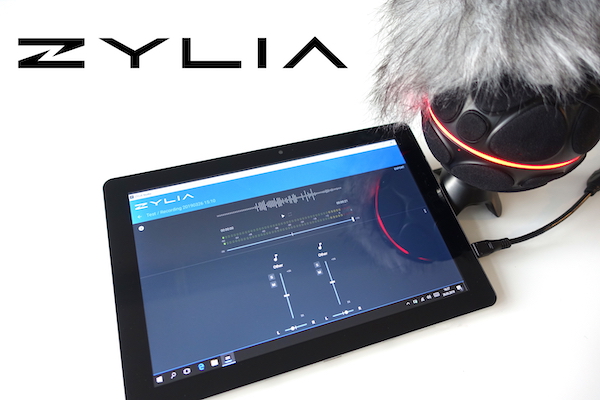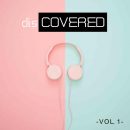Making high-resolution 360-degree recording in the field easier than ever, Zylia has introduced a Windows tablet-compatible version of ZYLIA software for the company's acclaimed ZYLIA ZM-1 microphone. Convenient tablet-based control over the ZM-1, a compact 3rd order Ambisonics microphone, gives sound engineers and musicians a lightweight and highly portable solution for capturing immersive audio in any environment.
"Field recordings can yield unique audio samples that bring terrific character and richness to a variety of applications," said Tomasz Żernicki, co-founder and chief technology officer of Zylia. "Sound engineers use the ZM-1 for ambient sound recording in the field and to create spatial soundscapes. Musicians heading to outdoor concerts and jam sessions use the microphone to capture live shows and one-of-a-kind collaborations. Now requiring only the microphone and tripod, a tablet, and headphones, field recording with the ZM-1 is unbelievably simple and convenient.
Designed for bands and musical ensembles, sound engineers, podcasters, and audio creatives working in 3D audio, Ambisonics, and virtual reality, the ZYLIA ZM-1 is an incredibly light, compact, and beautifully designed recording solution capable of delivering 48 kilohertz/24-bit resolution while capturing the full spatial sound scene. Boasting 19 high-quality digital MEMS microphones, the spherical array together with software can auto-detect sound sources from around the microphone and capture that sound as separate tracks for further editing on a digital audio workstation.
Setting up tablet control over the ZM-1 is straightforward. Users need only install the ZYLIA ZM-1 Windows 10 driver (zylia.co/zylia-pro.html) and ZYLIA Studio software on a tablet equipped with a 64-bit processor and 64-bit Windows operating system. Once the ZYLIA Studio application is activated, the system is ready to go. The recording workflow is no different than with a laptop or PC. Users just set up the ZM-1 microphone in the desired location, plug the microphone into the tablet using a USB cable (and microUSB adapter if necessary), open ZYLIA Studio, and begin recording.
Recordings can be processed with the ZYLIA Ambisonics Converter plugin. Users can convert audio samples to 3rd-order Ambisonics and perform further processing if needed. Zylia software even enables users to fine-tune the position of a sound scene to reflect a particular camera position.
Further information about Zylia is available at zylia.co.












